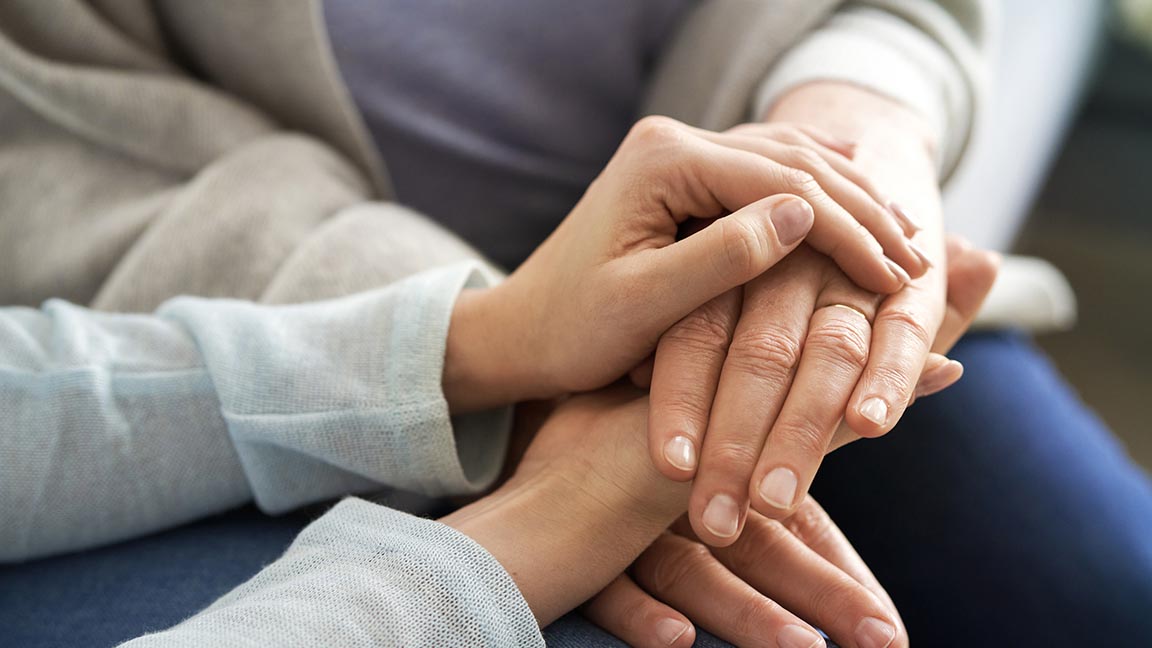In the days after someone you love is diagnosed with breast cancer, you may not be sure how to help.
Your loved one may need surgery, radiation or chemotherapy to battle the disease, and while they’re coming to terms with the diagnosis, you’re trying to figure out how you can best support them.
A patient’s support network can be an important part of the battle and recovery, says Dr. Angela Mislowsky, a breast surgeon at Tidelands Health Breast Center, the region’s only surgery practice dedicated solely to breast health.
“The support of family and friends can make a tremendous difference as a patient receives treatment for breast cancer,” says Dr. Mislowsky. “Having someone to help them — both emotionally and practically — is an important part of healing.”
If you’re not sure where to start, here are some things you can do to help:
The first thing you can do is listen to what your loved one is saying. Let them tell you how they’re feeling, then validate those feelings. Ask them what they need and provide the help they’re seeking. Sometimes the simplest things are the best things you can do.
Offer to go to doctor’s appointments, scans and treatments with your loved one as much as you can.
“It can be overwhelming for patients, especially right after a diagnosis, to get so much information at doctor’s appointments,” Dr. Mislowsky says. “And as treatment starts, it can be beneficial to have someone there to keep them company and support them.”
When you go with your loved one to appointments, ask questions they may not think to ask and write down the answers. If you can’t personally attend, help coordinate another friend or family member to be there.
Cancer and its treatments can take a toll on the body. Things that were simple before — such as throwing in a load of laundry or going to the grocery store — can suddenly feel impossible. Picking up day-to-day tasks is a concrete way to support someone going through treatment.
Cooking meals, coordinating childcare or cleaning can help lighten the load for the person and paves the way for them to focus on feeling better. If you don’t live nearby, offer to send a cleaning service or have food or groceries delivered.
It can very quickly feel like everything in a patient’s life has changed after a cancer diagnosis. Finding ways to spend time together that’s not about the disease can be important for the person’s emotional health.
A movie night at home when they’re feeling poor or outings when they feel up to it can be a welcome respite for a lot of patients.
Especially if you’re a primary caretaker, it’s important to make sure to find time for yourself to de-stress. Your first instinct may be to set aside your own needs for as long as it takes. But by talking to your own friends and family, asking for help and advice when you need it, eating well, exercising and getting enough sleep, you’ll better be able to help your loved one.
“Getting a breast cancer diagnosis, starting treatment and eventually going into recovery is more of a marathon than a sprint,” says Dr. Mislowsky. “That goes for both patients and their support systems.”
